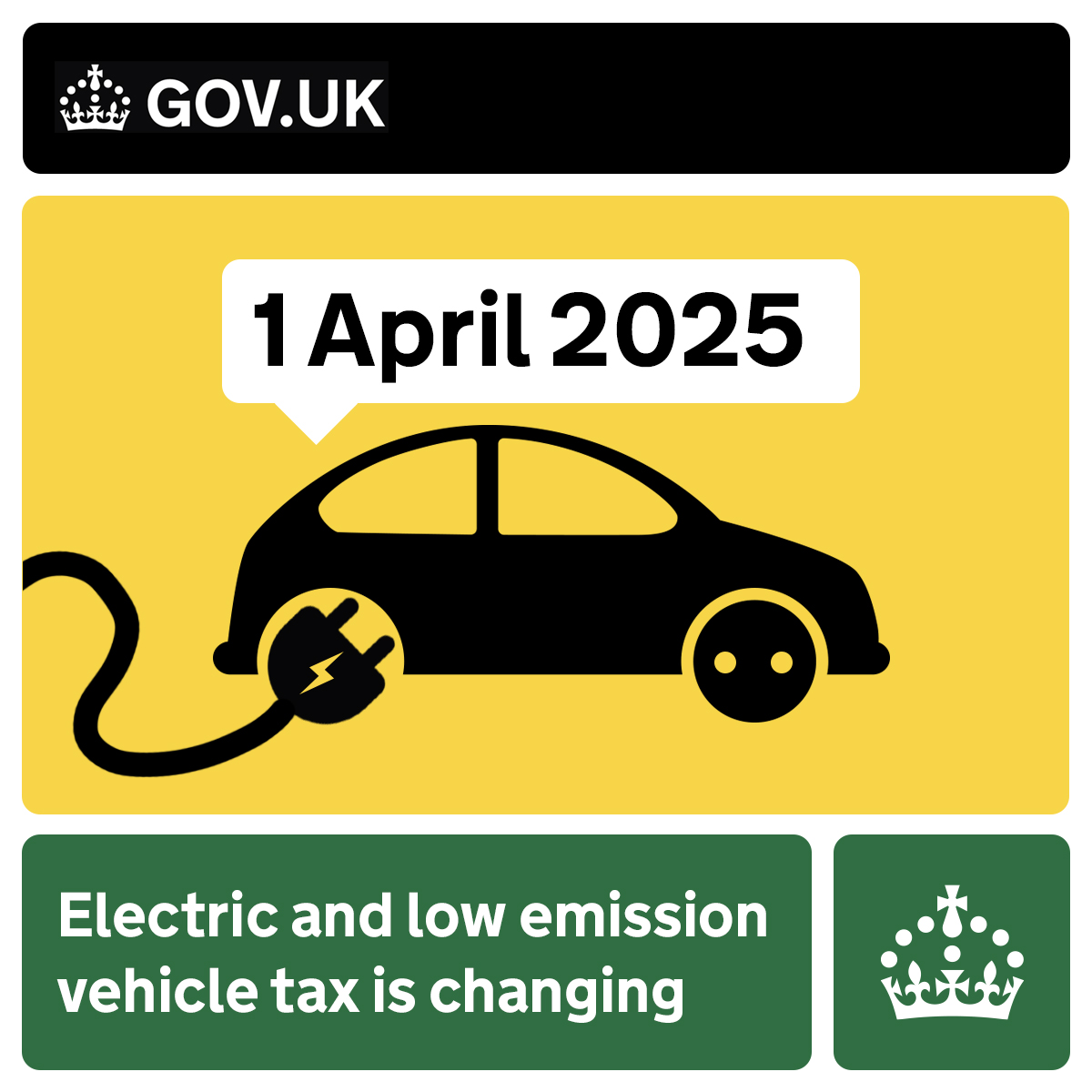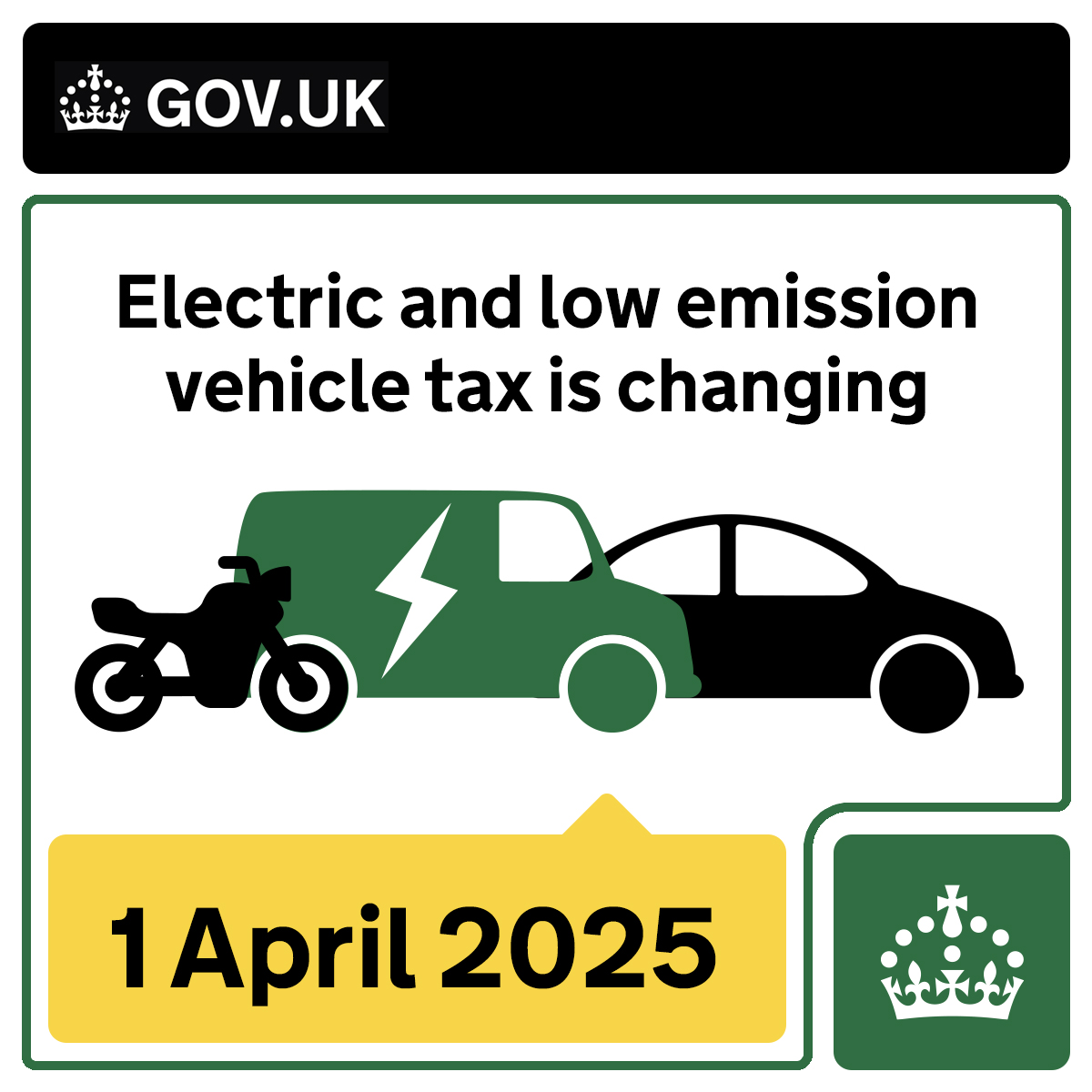Navigating the Shifting Landscape: Understanding the DVLA Electric car Tax Changes
The UK’s automotive landscape is undergoing a dramatic transformation, driven by the government’s ambitious goals to achieve net-zero emissions. Electric vehicles (EVs) are at the forefront of this revolution, and with their rising popularity, the DVLA’s tax regulations are also evolving. Understanding these changes is crucial for current and prospective EV owners. This comprehensive guide delves into the specifics of the DVLA’s electric car tax changes, exploring the implications for drivers and the broader automotive industry.
The Previous Landscape: Incentivizing Electric Vehicle Adoption
Historically, the UK government has provided substantial incentives to encourage the adoption of EVs. These incentives included:

Zero Vehicle Excise Duty (VED): Electric cars were exempt from paying VED, commonly known as road tax.
These measures played a significant role in driving the rapid growth of the EV market. However, with the increasing number of EVs on UK roads, the government has begun to adjust its tax policies to ensure long-term sustainability and fairness.
The Current Shift: Phasing Out Exemptions and Introducing New Charges
The landscape is changing, and the previously generous tax exemptions are being phased out. Here’s a breakdown of the key changes:
Introduction of VED for Electric Vehicles

From April 2025, electric vehicles registered from April 2017 onwards will be subject to VED. This means that EV owners will now have to pay road tax, just like owners of petrol and diesel cars.
Changes to the Expensive Car Supplement
Electric vehicles that cost over £40,000 will also be subject to the expensive car supplement.
Company Car Tax (BiK) Changes
While EVs have enjoyed very low BiK rates, these are gradually increasing.
Rationale Behind the Changes

The government’s decision to introduce these tax changes is driven by several factors:
Revenue Generation
As the number of EVs on UK roads increases, the loss of revenue from VED becomes more significant.
Fairness and Equity
The previous zero-VED policy for EVs created a situation where EV owners were not contributing to road maintenance, while owners of petrol and diesel cars were.
Long-Term Sustainability
The government’s long-term goal is to transition to a fully electric vehicle fleet.
Implications for Electric Vehicle Owners
The DVLA’s electric car tax changes have several implications for EV owners:
Increased Running Costs
The introduction of VED will increase the annual running costs of electric vehicles.
Impact on Second-Hand EV Market
The changes may affect the resale value of electric vehicles, particularly those that are subject to the expensive car supplement.
Shifting Incentives
The gradual increase in BiK rates for company car drivers may make petrol or hybrid vehicles more attractive.
What Does the Future Hold?
The DVLA’s electric car tax changes are part of a broader strategy to transition to a sustainable transportation system. Here are some potential future developments:
Road Pricing
As the number of EVs increases, the government may consider introducing a road pricing scheme to replace VED.
Battery Recycling and Sustainability
As the amount of EV batteries needing recycling increases, there will be more legislation and structure surrounding the recycling of those batteries.
Infrastructure Investment
Continued investment in charging infrastructure will be crucial to support the growing number of EVs on UK roads.
Staying Informed and Prepared
It is essential for EV owners to stay informed about the latest tax changes and regulations. Here are some tips:
Regularly Check the DVLA Website
Consult with Automotive Experts
Consider Future Costs
Conclusion
The DVLA’s electric car tax changes reflect the evolving landscape of the UK automotive industry. While the phasing out of tax exemptions may increase the running costs of EVs, it is essential to recognize the government’s rationale behind these changes. The transition to a sustainable transportation system requires a balanced approach that ensures fairness and long-term financial viability. By staying informed and prepared, EV owners can navigate these changes effectively and continue to enjoy the benefits of electric vehicle ownership. The move towards electrification is a journey, and the DVLA’s evolving policies are a key part of that journey, ensuring that the road ahead is sustainable for everyone.



